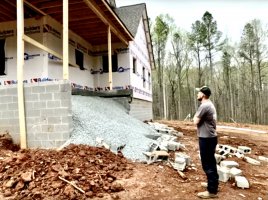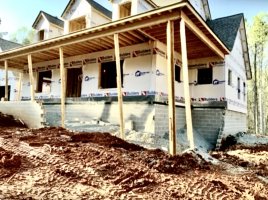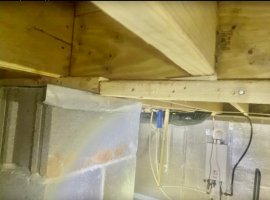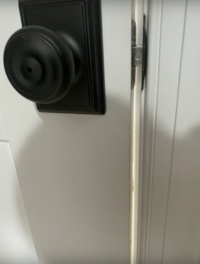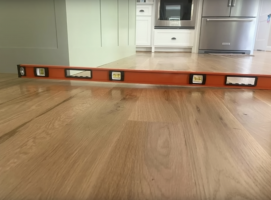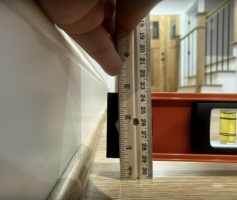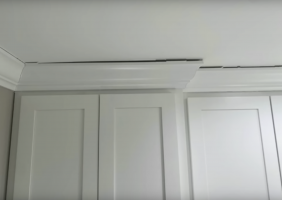CodeWarrior
Registered User
A building inspector allowed numerous violations during construction of a house, and the result is so shoddy, that the home is being recommended for removal rather than repair.

 www.wral.com
www.wral.com
Incredibly, Chatham County NC, who was found immune from paying damages, is saying it will not check any other buildings for safety that the inspector handled.
The homeowner says he lacks the funds to move forward, since the builder doesn’t have enough assets that can seized to cover the loss.

Chatham County will not recheck buildings ok'd by disciplined inspector
Despite the mistakes, WRAL 5 On Your Side has learned the county will not recheck the safety of any other buildings inspected by that inspector.
Incredibly, Chatham County NC, who was found immune from paying damages, is saying it will not check any other buildings for safety that the inspector handled.
The homeowner says he lacks the funds to move forward, since the builder doesn’t have enough assets that can seized to cover the loss.

